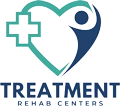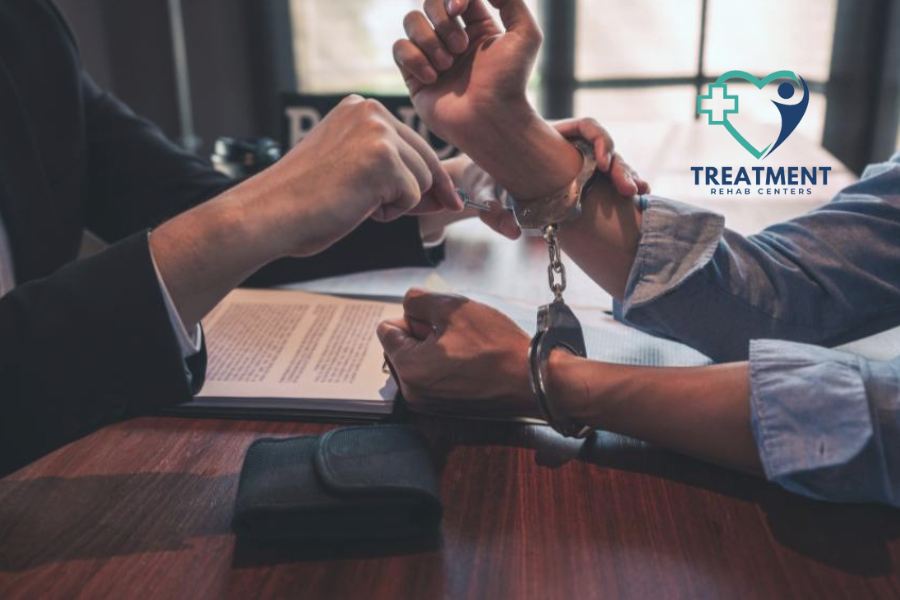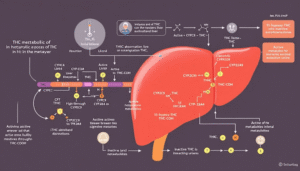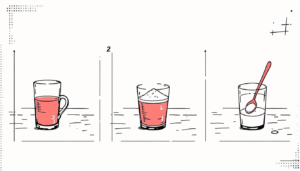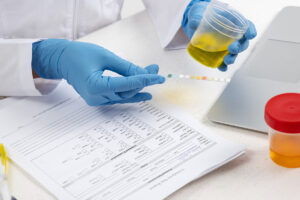Short answer: yes. Longer answer: yes, you can go to rehab while on probation.
In fact, going to rehab while on probation is often encouraged and shows you’re committed to recovery and responsible.
But making the process work means understanding the legal requirements, probation conditions, and treatment options so that not only will you know the answer to: Can I go to rehab while on probation? but also find details on how to find the right rehab facility to make sure your experience is a good one and you successfully complete probation.
So, without further delay, join our experts at TreatmentRehabCenters.org, and let’s get into everything you need to know about going to rehab while on probation.
Why Rehab is Good During Probation
Addressing the Underlying Issues
Drug use is often the reason for legal trouble. Going to rehab while on probation can help address the underlying causes of addiction, reducing the likelihood of future offenses.
Treatment gives you coping skills, tools for relapse prevention, and a supportive environment to help you recover for the long haul.
POs Are Often Good with Probation
Courts and probation officers (and often a parole officer as well) will view going to rehab positively during the probation period.
It shows you’re taking proactive steps towards personal growth and compliance with the legal requirements, which can lead to leniency or even early termination of probation in some cases.
How to Go to Rehab While on Probation

1. Understand Your Probation Requirements
The legal system determines the probation agreement which includes specific requirements that must be met, such as regular check-ins with your probation officer, community service or travel restrictions. Before you enroll in rehab, review your requirements to see:
- Do you need approval for residential treatment?
- Are there any travel restrictions?
- Reporting requirements during your treatment.
2. Talk to Your Probation Officer
Probation officers are the ones who approve rehab during probation. Be open with them about your intention to go to treatment and provide them with information about the program you’re considering.
In many cases, they will support your decision when seeking treatment for alcohol and/or drug abuse, as it’s aligned with the rehabilitation goals that are their central concern.
3. Get Court Approval if Required
If your probation requires court approval for rehab, your probation officer or attorney can help you file a formal request.
The court may ask for documentation such as a treatment plan or proof of program enrollment. Be cooperative and honest during this process.
4. Choose the Right Rehab Program
Selecting a leading rehab program that meets your needs and complies with your probation requirements is essential. Consider:
- Inpatient vs. Outpatient: Inpatient programs may require special permission if they involve extended stays, while outpatient programs are easier to coordinate.
- Program Accreditation: Go for programs accredited by your state or probation office.
- Location: Staying local may make the approval process easier.
Types of Rehab Programs During Probation

Inpatient Rehab
Inpatient treatment provides 24/7 care in a structured environment, good for those with severe addiction.
If approved by your probation officer or court, inpatient rehab is a great way to focus on recovery without external distractions.
Outpatient Rehab
Outpatient programs allow you to live at home and attend therapy sessions and support groups. This is often more flexible for those on probation as you can fulfill other responsibilities like work or community service.
Court Ordered Rehab
Court-ordered drug rehab is sometimes enforced by the court as a condition of probation, particularly for drug-related offenses. These programs are often closely monitored and may require regular progress reports to the probation officer or court.
Can I Go to Rehab While on Probation: The Positive Effects
1. Being Accountable
Going to rehab shows you’re taking ownership of your actions and are committed to making positive changes to overcome drug addiction. Courts and probation officers appreciate a proactive approach to addiction, and it can help lessen the consequences of a probation violation as well.
2. Lessening Legal Consequences
Completing rehab after being charged with a drug-related crime can sometimes result in reduced penalties, early termination of probation, or a clean record depending on state laws and court discretion.
3. Personal Outcomes
Beyond the legal benefits, rehab provides the tools and support to break free from addiction. This can improve relationships, careers, and overall life.
What to Expect When Going to Rehab on Probation
Going to rehab during probation is encouraged but there are some challenges to consider:
Approval Delays
The process of getting permission from your probation officer or court takes time so start early and follow all the required steps.
Reporting Requirements
Some probation conditions require regular check-ins even during rehab. Work with your rehab provider and probation officer to ensure compliance with reporting requirements.
Financial Barriers
The cost of rehab at a treatment facility can be a concern but many programs offer payment plans, sliding scale fees, or accept insurance. State-funded or non-profit facilities may also be available for those with limited resources.
State Laws and Rehab Availability

Rehab options and probation terms vary by state. Here’s a look at how some states support those in treatment while on probation:
California
California rehabs are well known for taking part in drug diversion programs, which often include attendance at an addiction treatment program. Probationers can often enroll in court-approved rehab facilities and successful completion may result in a reduced sentence or probation termination.
Florida
Florida courts often recommend or require substance abuse treatment for probationers with substance use disorder. The state of Florida offers many rehabs for both residential inpatient treatment and outpatient programs that meet legal requirements.
Texas
Texas prioritizes treatment over incarceration for non-violent drug offenses, especially for those with substance abuse issues. Probationers are often encouraged to go to rehab and may be eligible for state-funded programs.
New York
New York’s judicial system supports alternatives to incarceration including rehabilitation programs. Courts and probation officers work with NY addiction treatment providers to ensure compliance and successful rehabilitation and to chart your treatment progress.
Going to Rehab while on Probation
- Be Transparent with Your Treatment Providers: Tell your rehab team about your probation status and legal requirements so they can tailor the program to fit your needs.
- Comply with Legal Requirements: Keep in touch with your probation officer during treatment to avoid misunderstandings.
- Be an Active Participant: Participate in therapy, group sessions, and aftercare planning to show your commitment to recovery.
- Keep Records: Keep a record of your treatment participation including attendance and progress reports to share with your probation officer or court if needed.
Getting the Help Needed to Complete Probation Successfully
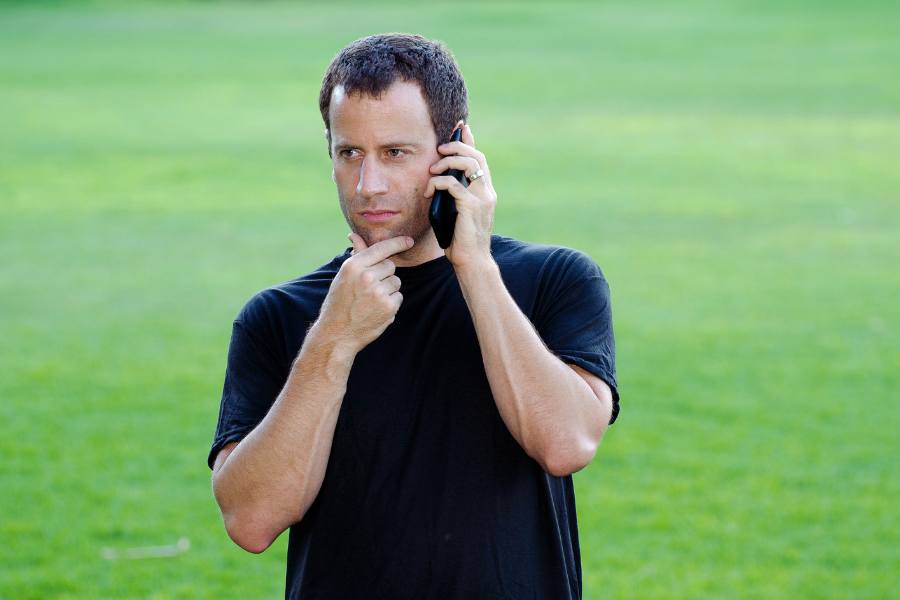
Going to rehab while on probation is not only possible but is often recommended as a way to achieve long-term recovery and legal resolution.
By understanding your probation terms, working with your probation officer, and committing to a structured rehab program you can take steps towards a healthier, addiction-free life.
Remember, seeking help is a sign of strength, and support is available every step of the way. Make the confidential call to our caring team at TreatmentRehabCenters.org, and get help today to successfully complete probation!
FAQs on Getting Addiction Treatment on Probation or Parole
Do I need to tell my Probation Officer about rehab?
Yes, be transparent. Inform your probation officer about your plans to go to rehab and provide details about the program.
Can I Get Off Probation Early after Rehab?
Successful completion of rehab can sometimes result in early probation termination but this depends on state laws and court discretion.
What if I Relapse during Rehab?
Relapse is part of the recovery process. Most probation officers and courts will prioritize continued treatment over punishment for relapse.
